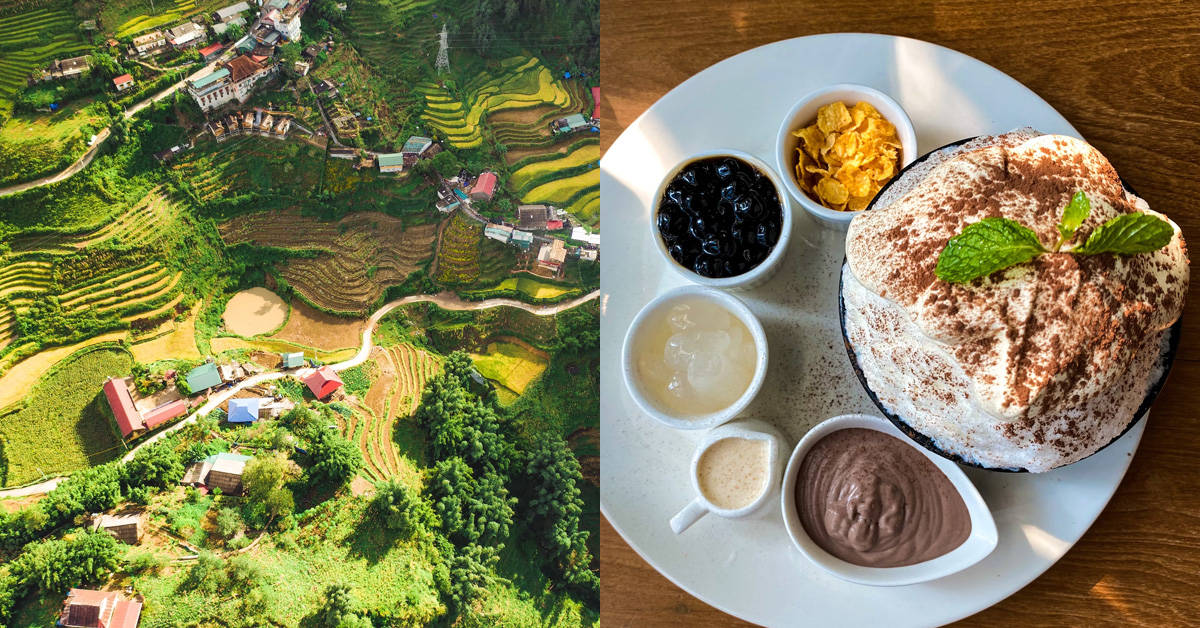Lao cuisine is a unique blend of flavours, textures, and aromas that reflect the country’s rich cultural heritage and diverse geography. Located in Southeast Asia, Laos is a landlocked country that shares borders with Thailand, Vietnam, Cambodia, China, and Myanmar.
The cuisine of Laos is heavily influenced by its neighbouring countries, but it also has its own distinct characteristics that set it apart. Lao food is known for its use of fresh herbs, spices, and vegetables and its emphasis on simplicity and balance.
Lao cuisine halal or not?
Is Lao food halal?
Lao cuisine is predominantly Buddhist and does not use pork or other meats that are considered haram in Islamic dietary laws.
However, some dishes may contain fish sauce or shrimp paste, which are not considered halal. It is recommended to inquire about the ingredients used in specific dishes before consuming them.
What kind of food do Lao eat?
Lao cuisine is characterized by its use of fresh herbs and vegetables, spicy flavors, and sticky rice. Some popular dishes include:
- Larb – a spicy minced meat salad with herbs and lime juice
- Tam Mak Houng – a spicy green papaya salad
- Khao Soi – a coconut curry noodle soup
- Mok Pa – steamed fish wrapped in banana leaves
- Sai Oua – Lao sausage made with pork and herbs
- Ping Kai – grilled chicken marinated in lemongrass and spices
- Or Lam – a spicy stew made with vegetables and meat
- Khao Jee – Lao-style baguette sandwich filled with meat, vegetables, and herbs.
How can you tell if the food is halal in Laos?
In Laos, it may be difficult to find halal food as the majority of the population is Buddhist. However, there are some Muslim communities in the country, particularly in the southern provinces, and they may have halal restaurants or food stalls.
To determine if the food is halal, you can ask the restaurant or food stall owner if they use halal ingredients and if they follow halal preparation methods. You can also look for halal certification from recognised Islamic organizations. You can ask local Muslims for recommendations on where to find halal food.
Is it hard to find halal food in Laos?
It can be challenging to find halal food in Laos, especially outside of major cities. However, some restaurants in Vientiane and Luang Prabang offer halal options.
It is recommended to do research and ask locals for recommendations to find halal food in Laos.
Is Lao food healthy?
Lao cuisine is generally considered healthy as it is based on fresh ingredients, herbs, and spices. Lao food is often low in fat and high in protein, fiber, and vitamins.
However, some dishes may be high in sodium or sugar, so it is important to choose wisely and in moderation.
What is Lao food similar to?
Lao food is similar to Thai and Vietnamese cuisine, as they share similar ingredients and flavors. However, Lao cuisine has its own unique dishes and flavors, such as the use of sticky rice and fermented fish sauce.
Steps to find halal food in Laos
Here are some general steps to find halal food in Laos:
- Research: Look for halal restaurants or food options in Laos through online resources such as HalalTrip, Zabihah, or HalalNavi. You can also ask for recommendations from fellow Muslims who have visited Laos before.
- Check for Halal Certification: Look for halal certification from recognized halal certification bodies such as the Halal Certification Authority (HCA) or the Islamic Food and Nutrition Council of America (IFANCA).
- Ask for Halal Options: If you are unsure about the halal status of a particular food item, ask the restaurant staff if they have any halal options available.
- Look for Vegetarian Options: If you are unable to find halal food options, look for vegetarian options as they are usually safe for Muslims to consume.
- Be Prepared: If you are traveling to remote areas in Laos, it is advisable to bring your own halal food or snacks to avoid any inconvenience.
- Be Flexible: Be open to trying new cuisines and dishes that are not traditionally halal but can be made halal by omitting certain ingredients or substituting them with halal alternatives.

